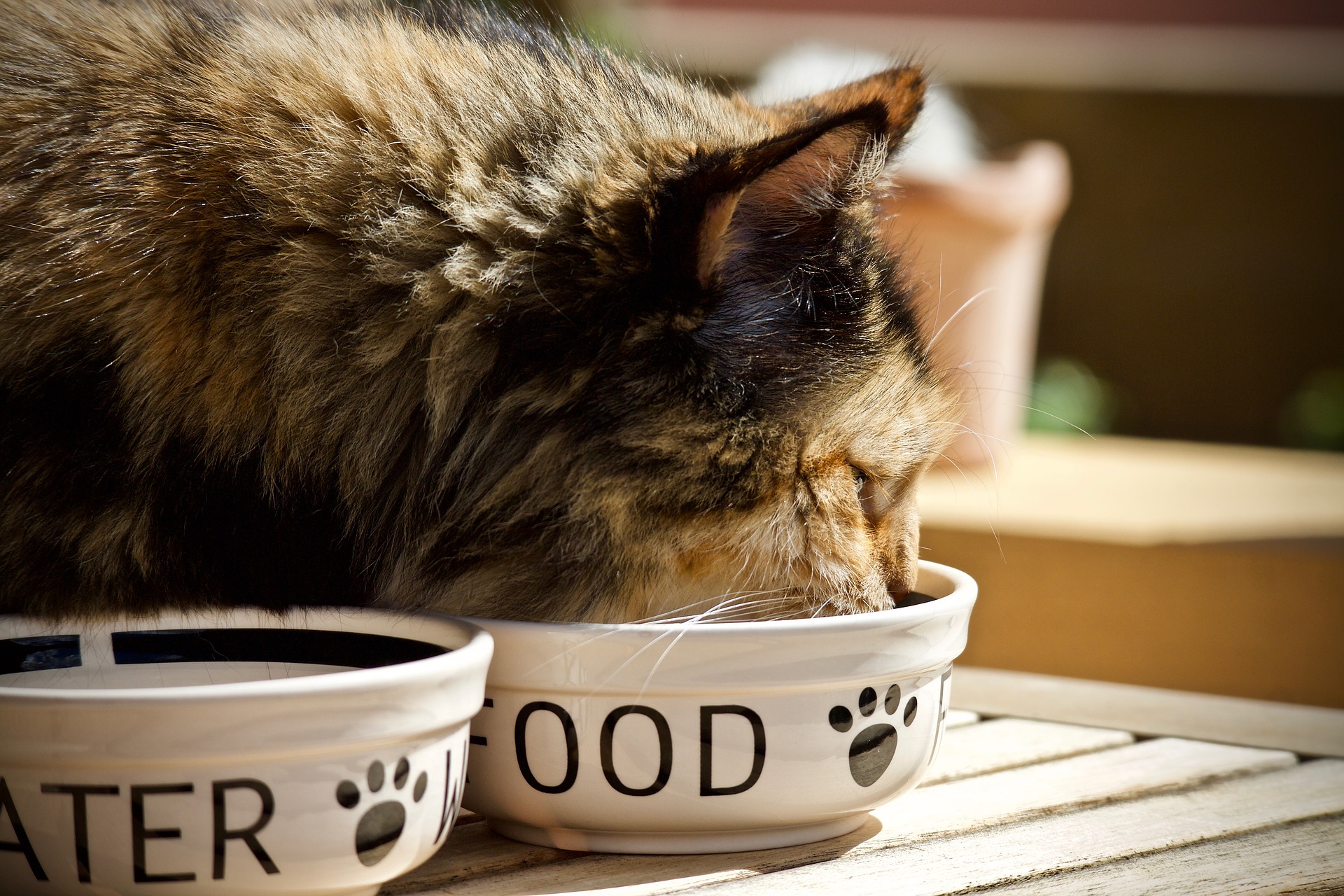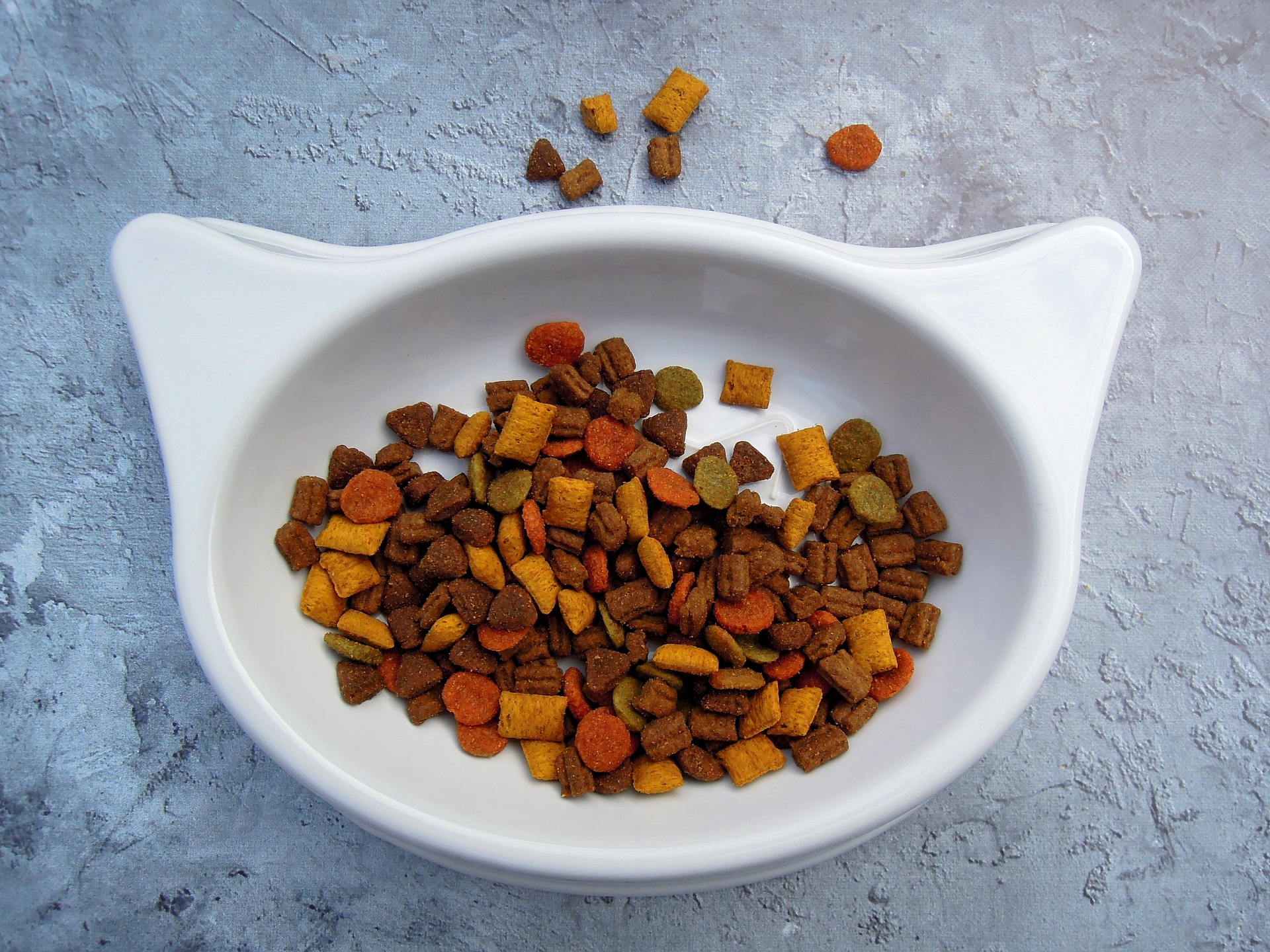
When Is It a Good Idea to Change Your Cat's Food?
When you first adopted your cat, you were probably given a recommendation for a particular type of food or had a preferred brand you opted for right away. However, after months or even years of providing your pet with the same food, there may come a day when you feel the need to change your cat’s food type.
In general, changing your cat’s food regularly isn’t necessary. As long as your pet is getting all the nutrients they need to live a happy and healthy life, you could feed them the same thing forever!
That being said, there are a few instances in which switching your cat to a different food is a good idea. If a change in diet is necessary for your kitty, make sure to consult your veterinarian and conduct the switch gradually for the best and safest results.
Reasons to change your cat’s food

Once your vet has approved a cat food for your furry friend, you don’t need to change it on a regular basis. However, certain health concerns may require you to seek out a new type of food that will meet your cat’s needs.
Recalls
One of the most important, yet somewhat uncommon, reasons to change your cat’s food is a health and safety recall. Once you hear about a recall and double-check that your cat’s food is included, you’ll want to remove your cat’s access to the food immediately, watch them for signs of illness and start feeding them a similar type of food that is safe right away.
Life stage
Another key reason to start feeding your cat a new type of food is that they have entered a new life stage. Most pet manufacturers sell food specific to a particular age group, such as kittens, adult cats and seniors. These food types may be fortified with certain nutrients; for example, kitten food has extra protein to help your kitten grow, while senior food may include special nutrients to help with age-related illnesses.
When your cat enters a new stage of life (from kitten to adult and from adult to senior), you should choose a new type of food that is most appropriate for their age. Speak with your veterinarian to identify the best food for your pet’s specific needs.
Allergies
Although they aren’t very common, cats can develop food allergies that are triggered by particular cat food ingredients. If your cat begins experiencing itchy, inflamed skin or vomiting and diarrhea, they may be sensitive or allergic to their food.
Feline food allergies can be triggered by a wide variety of ingredients, so you’ll want to work with your vet to identify the specific allergen through an elimination diet. During this process, your cat will need to be put on an entirely different diet.
Specific health conditions
If your cat develops a health condition over the course of their life, there may be a type of food that is more appropriate for their healthcare needs. These types of foods can vary, including everything from weight-management foods to help obese cats to foods fortified with urinary-health ingredients to assist with urinary tract diseases. Other specially formulated foods may help ease discomfort from arthritis, increase fiber to help with digestion and much more.
Similarly, if your pet’s current food doesn’t appear to be meeting their nutritional needs, you may want to switch to a higher-quality cat food that offers better ingredients and additional nutrients.
Regardless of the reason you’re switching your cat’s food, you should always consult your cat’s veterinarian before doing so to ensure the new food will be appropriate for your cat at their current stage of life and state of health. If you need recommendations for a new pet food, your vet should be able to answer questions and point you in the right direction.
How to successfully transition your cat to the new food

Once you’ve identified a new food for your furry friend and your vet has given their approval on its safety, you may be tempted to pull your cat off the old food and give them the new food immediately. However, this is a big mistake! Switching your cat’s food too quickly can lead to gastrointestinal upset, including diarrhea and vomiting.
It’s very important to switch your cat over to their new food gradually, unless making an abrupt change is absolutely necessary (as is the case when food has been recalled). The change to the new food should occur over the course of at least seven days, during which you should alter the percentage of old food versus new food slightly each day.
On day one, use a mix of mostly old food with a little bit of new food. On each subsequent day, take out a little more of the previous food while adding in more and more of the new food until your cat is eating all-new food every day.
Once you complete the switch successfully, monitor your cat for a few weeks to ensure he or she does not show any changes in behavior, health or appearance. If they do, speak with your vet about finding a new food that will be better for them.


